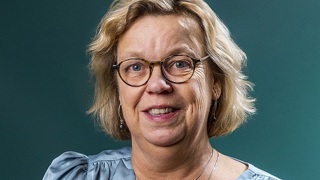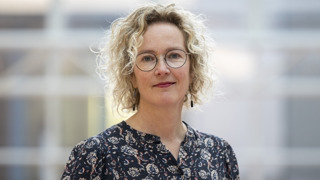Biodiversity is not going well at all. That is why HAS green academy and Naturalis started the Innovative Bio-Monitoring professorship. Goal is to project and preserve biodiversity. Developments such as intensive agriculture, urbanisation and climate change have undesirably reduced the diversity of animal and plant species, with all the adverse consequences this has on our ecosystem. This is why it is becoming increasingly important to take stock of our biodiversity, measure losses and monitor the effects of intervention.
Smart combinations
The aim of the professorship is to apply innovative bio-monitoring techniques to concrete social issues, to validate them and to develop them further. The challenge is to look for new unexpected smart combinations and applications of techniques that make the detection and monitoring of species easy or easier, and which will contribute to the early and effective deployment of nature and other conservation measures.
Naturalis as a partner
Unique to this professorship is the collaboration with Naturalis, the biodiversity institute in the Netherlands. Naturalis has always been a well-known partner of universities and academic institutions when it comes to carrying out fundamental scientific research. With the establishment of the Innovative Bio-Monitoring research group at HAS University of Applied Sciences, Naturalis is now also committed to applied research. Employees at Naturalis Biodiversity Centre are making an active contribution to the network of expertise associated with the research group.
Firmly rooted in practice
The professorship’s research agenda is mainly carried out by students of HAS green academy under the supervision of the lector or the professorship’s lecturer-researchers. This enables students to benefit from previously acquired knowledge and experience, and to actively develop this knowledge and experience through practical assignments. Research is financed from practice or through grants. The professorship is also strongly committed to working with partners such as the business community, NGOs, government and semi-government organisations, regional water authorities, and nature conservation groups.


















